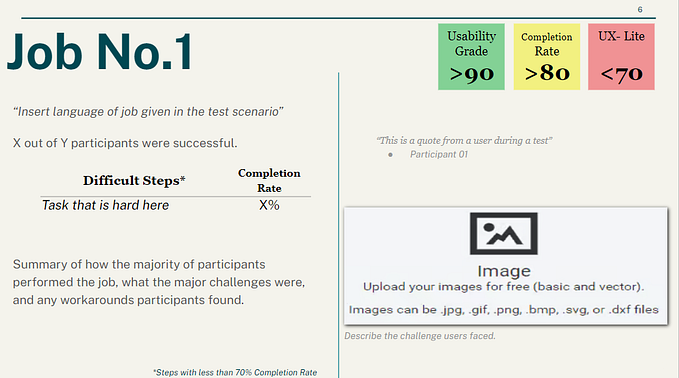Member-only story
Here’s the deal with transitioning from academia to UX
Your titles can be both a gift and a burden.
Back when I was doing my bachelor's at the University of Chicago, where the motto goes “the life of the mind”, I discovered two ugly secrets about earning a graduate degree. The first one is that approximately 50% of students drop out. The second one is that there’s a dangerously high unemployment rate amongst those who survive years of training.
It's not surprising that UX appeals to graduate students, especially in social sciences, as an alternative career path to teaching or writing papers. Especially, I'm referring to research-oriented roles within the field. To further encourage this trend, big tech companies like Twitter and Facebook now post job offers for UX researchers that sound like Ph.D. topics (e.g., Toxicity & Polarization).
The value social scientists could bring to UX by transitioning from academia is clear. The products for which they work would benefit from their accumulated knowledge in research and critical thinking skills. As Michelle Nguyen specifies in her article 6 Things I Learned in Academia That Make Me a Better UX Researcher, UX researchers with experience in academia know how to build on existing knowledge, and get to the "so what" of research questions, among other things. But what about the specific challenges academically-minded would face in UX?
In this piece, I’ll discuss three cornerstones of academia that social scientists with graduate degrees like me should forget about to better adjust to a fast-paced UX environment.
"This is not my area of interest"
Last spring, I was doing a video call with a group of Ph.D. students in anthropology from EHESS (Ecole des Hautes Etudes en Sciences Sociales) about the ways through which they can break into UX. One thing that caught my attention was how well they articulated what they were interested in.
This is how academia works: a graduate student in social sciences chooses a topic of interest, reads widely about the subject, and adds to the…






